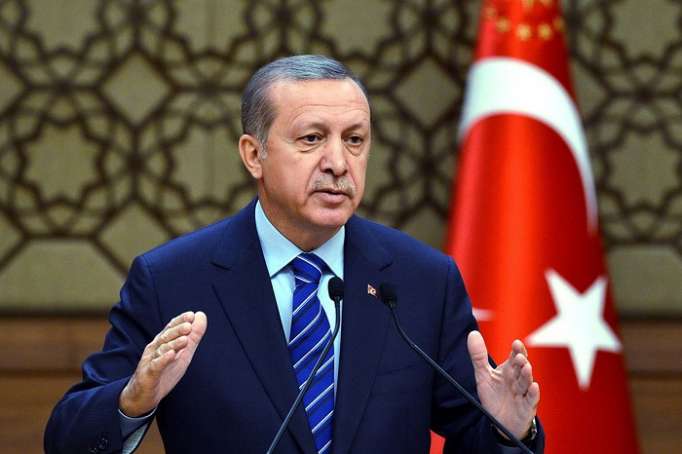Turkey will begin its COVID-19 normalization period with social distancing and hygiene precautions intact, President Recep Tayyip Erdogan said late Monday in a press conference at Ankara's Presidential Complex, AzVision.az reports citing Daily Sabah.
All cafes and restaurants will be allowed to welcome visitors by abiding by the rules of hygiene and social distancing, Erdogan announced.
"Nighttime curfews will be in place throughout June during weekdays from 10 p.m. to 5 a.m. and from Saturday 10 p.m. to Monday 5 a.m.," he said.
A full lockdown will be imposed on Sundays until further notice, Erdogan underlined.
Turkey started a gradual normalization process on May 17 after a 17-day lockdown that significantly brought infections in the country down.
Until June 1, the country enforced weeknight curfews from 9 p.m. to 5 a.m., while weekends were under full lockdown.
Official figures also showed later in the day that Turkey has so far administered over 29 million doses of COVID-19 vaccines since it launched a mass vaccination campaign in mid-January.
More than 16.58 million people have received their first doses, while over 12.48 million have been fully vaccinated, the Health Ministry's count showed.
The country has also moved to expand the vaccination campaign to those 50 and above.
The ministry also confirmed 6,493 new coronavirus cases, including 596 symptomatic patients, across the country in the last 24 hours. The number of new cases on Sunday was 6,933.
Turkey's overall case tally is now over 5.24 million, while the nationwide death toll has reached 47,527 with 122 new fatalities.
As many as 9,582 more patients won the battle against the virus, raising the total number of recoveries past 5.11 million.
Over 54.13 million coronavirus tests have been done to date.
The latest figures put the number of COVID-19 patients in critical condition at 1,339, down by 51 from Sunday's count.
Since December 2019, the pandemic has claimed over 3.54 million lives in 192 countries and regions, with more than 170.42 million cases reported worldwide, according to the U.S.-based Johns Hopkins University.
















































